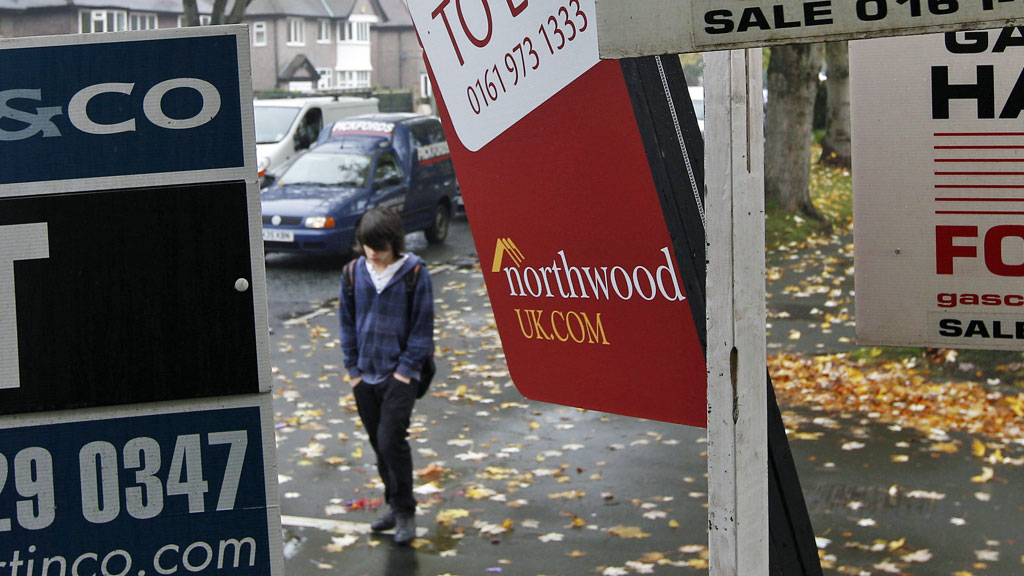How safe is my deposit? What renters need to know
 Ciaran Jenkins
Data Correspondent and Presenter
Ciaran Jenkins
Data Correspondent and Presenter
In a dispute with your landlord over a rental deposit and don’t know what to do? Ciaran Jenkins answers the key questions about the rules landlords should be following.

Is my deposit protected?
By law, your landlord or letting agent must protect your deposit with one of three government approved schemes: MyDeposits, Tenancy Deposit Scheme or The Deposit Protection Service.
They must do this within 30 days of receiving your deposit.
Where is the money kept?
Your deposit may not be locked away out of your landlord’s reach.
There are two types of tenancy deposit scheme. There are custodial schemes and insurance schemes. It’s up to your landlord or letting agent to choose which kind of scheme to use.
Under the custodial model, your money is locked away by a third party, safely out of your landlord or agent’s reach.
However, under the insurance model, the landlord or letting agent keeps hold of you money. All three government approved schemes offer the insurance model. Only one, The Deposit Protection Service, offers the custodial model as well.
Is it illegal if my landlord doesn’t comply?
It is not a crime if your landlord or letting agent does not comply with the law.
Funny one this. If your landlord doesn’t protect your deposit with one of the government-approved schemes it would be a civil not a criminal matter.
As a tenant, the onus would be on you to pursue your landlord through the County Court system. You would have to pay a fee to secure a hearing. If the judge finds in your favour, you may be awarded up to three times the value of your deposit and recover all or some of your court costs.
Is the resolution process mandatory?
No. If you’re in a dispute with your landlord over your deposit, he or she can simply ignore the dispute resolution procedures under the tenancy deposit schemes.
One of the main reasons deposit protection schemes were introduced was to help settle disputes at the end of tenancies. But landlords are under absolutely no obligation to use these dispute resolution services.
The arbitration process can only take place with the consent of both tenant and landlord.
So if your landlord refuses to take part, you’d find yourself in the same position as you’d have been in before tenancy protection schemes existed: you would have to pursue your landlord yourself, through the county court system.
So my deposit is completely safe?
The other big reason deposit protection schemes were introduced, or so you’d think, was to stop landlords or letting agents running off with tenants deposits.
This is where you might want to know if your deposit is held in a custodial or an insurance scheme.
Remember, an insurance scheme means your deposit is looked after by your landlord.
If your landlord chooses to leave the scheme, or is expelled from it for breaking its rules, your deposit would become unprotected.
In this scenario your landlord would still have your money and the onus would be on you, not the deposit protection scheme, to try and claw that money back.
So is your deposit completely safe? Evidently not.